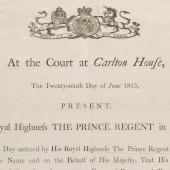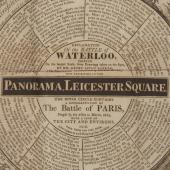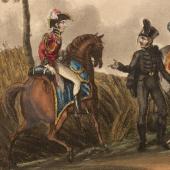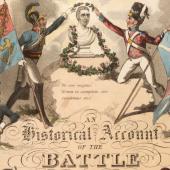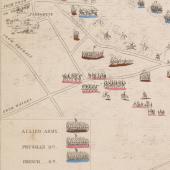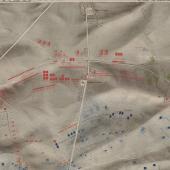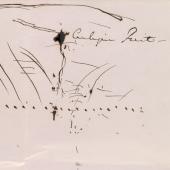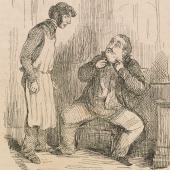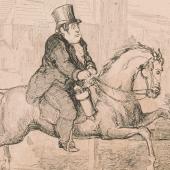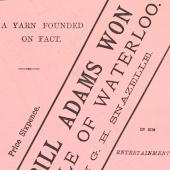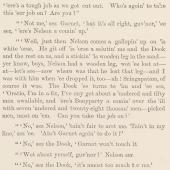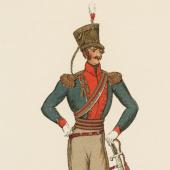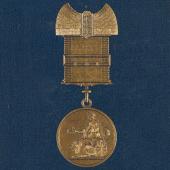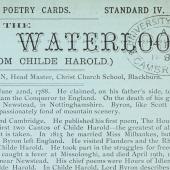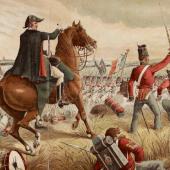Owning victory
A damned serious business
‘I think we’ve done for ’em this time’ was Wellington’s verdict on the French army on the morning after the battle, and if a victory is gauged by the peace that follows it, Waterloo ranks among the most decisive. The Coalition armies pursued Napoleon into France, and he abdicated for a final time on 22 June. There were to be further wars between European powers in the nineteenth century, but none to compare with the worldwide struggle of 1793–1815. For the British in particular, the outcome set the tone for the high Imperial era which followed. Although the Allies’ success was not universally welcomed in Britain—radicals such as William Hazlitt deplored the final extinguishing of the French Revolution—Waterloo established a place in the national imagination through which it seemed to underwrite the country’s advance to global pre-eminence as the century progressed. Historical accounts of the campaign proliferated, the first appearing within months of the battle, and Waterloo was assimilated into popular culture as the subject of poems, novels, works of visual art, and even comic entertainments.
